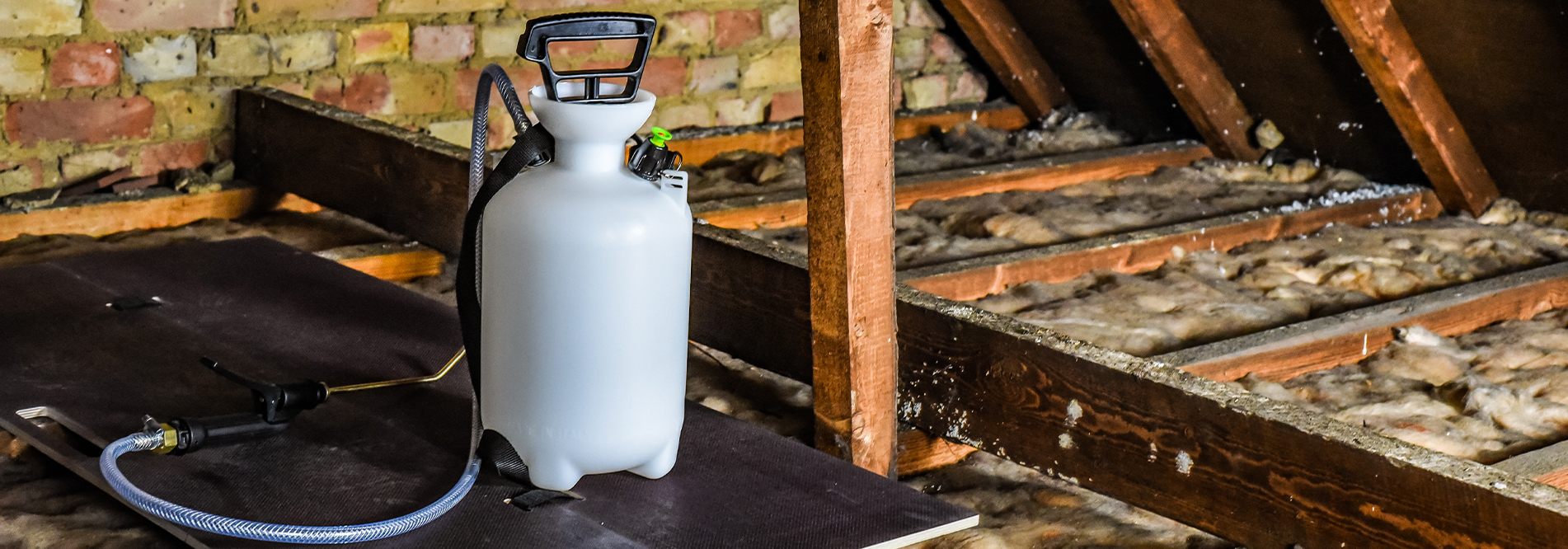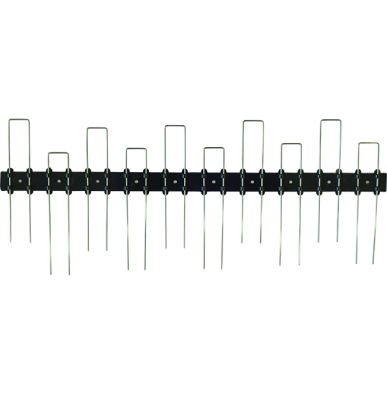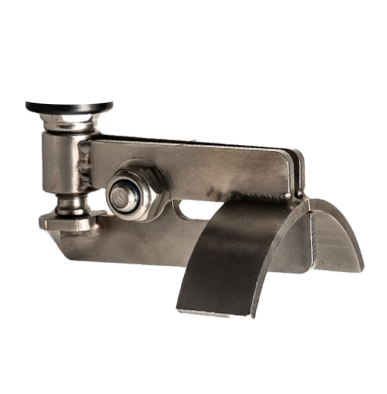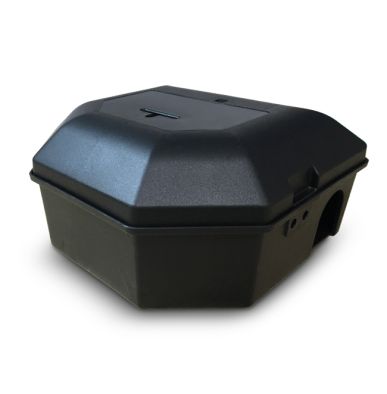Each type of pest brings its own set of challenges and risks. Whether you’re dealing with rodents, insects or birds, staying informed and prepared is key to safe and successful pest control.
There are several often-overlooked threats to pest controllers’ well-being, from the potential transmission of diseases to the dangers of chemical exposure, knowing what you’re up against is vital. By understanding the specific hazards and implementing proper safety measures, we can ensure effective pest management while protecting the health of individuals, teams, and the environment.
How do I stay safe working in dangerous spaces?
When accessing areas like roof spaces or basements, proper access equipment should be employed. Pest controllers working at height must take specific safety precautions to avoid accidents and injuries. Before starting, it’s essential to assess the site and choose the right access equipment, whether it’s ladders, scaffolding, or mechanical lifts.
Working in locations without proper flooring can also be very dangerous as there is a risk of falling through the roof if you stand on areas that are not boarded, as well as causing damage to a client’s property. In these situations, a foldable crawl board is an ideal solution to ensure everyone’s safety. As always, it’s important to ensure you’re trained to use such equipment safely, and always wear the appropriate harnesses and PPE.
How do I stay safe whilst working with Rodents?
Before starting any rodent control work, it’s crucial to ensure all safety, risk, and method statements are in place. Handling rodent infestations involves unique hazards, including exposure to diseases, hazardous chemicals, and potential physical injuries.
To minimize risk, access to the affected area should be thoroughly assessed. In some cases, you may need to enter confined spaces such as crawl spaces or attics. Ensure that appropriate personal protective equipment (PPE), such as gloves, masks, and coveralls, is used to safeguard against exposure to harmful substances like rodent droppings, urine, or saliva.
Rodents can carry pathogens that cause diseases like Hantavirus, Leptospirosis, or Salmonella, which pose severe health risks. Additionally, bites or scratches from rodents may result in infections.
The methods you choose for rodent control also come with specific safety requirements. If you’re using traps, ensure you follow the manufacturer’s instructions to avoid accidental injury. For rodenticides, you must comply with legal guidelines and safety data sheets (MSDS) to ensure proper handling, storage, and disposal. Misuse of these toxic chemicals can not only harm the environment but also pose risks to humans and pets.
As rodent infestations can occur in various locations, site-specific assessments are essential. A thorough site survey will help you identify hazards like exposed wiring (which rodents may have chewed through), trip hazards, or the presence of asbestos. Managing these risks properly will protect both you and the property.
How do I stay safe whilst dealing with Insects?
Though they might be small, insects can be mighty, whether you’re dealing with ants, wasps, bed bugs, or cockroaches, insect control presents specific health and safety hazards that must be carefully managed.
Insect control frequently involves the use of chemical insecticides, which can be hazardous if not managed correctly. It’s important to thoroughly assess the area before beginning, ensuring that the safest method is chosen. Infestations are often found in confined spaces like kitchens, bathrooms, or wall cavities, where fumes and sprays can accumulate, increasing the risk of inhalation. Always wear appropriate personal protective equipment (PPE), such as coveralls, gloves, goggles and masks, to minimize exposure to harmful chemicals.
When applying insecticides, it’s crucial to follow the manufacturer’s instructions and safety data sheets (MSDS). Incorrect use or excessive application can lead to health issues, including skin irritation, respiratory problems, and potential long-term environmental harm. Proper ventilation is essential when using aerosol sprays or fumigants, as they can linger in the air and pose risks to anyone entering the treated area.
For insect control work involving stinging insects, like bees or wasps, there’s an added risk of allergic reactions. If you or anyone on your team is allergic to insect stings, make sure that you have an emergency plan in place, including access to epinephrine or other necessary first aid supplies. Even if allergies aren’t a concern, stings can still cause swelling and pain, so proper clothing and face protection should be worn when working near nests or swarms.
Lastly, proper disposal of insecticides and contaminated materials is essential to avoid further health risks. Ensure that waste is disposed of according to local regulations, as improper disposal can lead to contamination of water sources or harm to wildlife.
In conclusion, insect control work requires careful attention to health and safety. By wearing appropriate PPE, using insecticides responsibly, and assessing risks related to access and stinging insects, you can manage infestations effectively while protecting yourself, your team, and the environment from unnecessary harm.
How do I stay safe whilst installing with Bird Proofing?
Prior to beginning work on the solar panels, make sure that you have safety, risk, and method statements in place. These would include access; each piece of work will be different; on some properties, you may need the property to be scaffolded or the use of a scaffold tower. If you are comfortable working at heights, you could use the appropriate ladders including roof ladders.
When handling mesh or spikes, it’s important to cover yourself with appropriate protection; a sturdy pair of gloves should do the trick to ensure no sharp ends cause you any harm whilst manoeuvring your proofing equipment around.
Whatever form of access you choose, and depending on the location, it may be a variety of approaches, you must employ the proper harnesses and personal protection equipment with each piece of access equipment.
With the popularity of solar panels increasing year on year, it is vital to understand the damage that birds may cause to them. Not only for the solar panels but for you and your property, the risk of property damage and transmission of diseases needs to be taken seriously. Bird-proofing your property safely is a vital part of keeping them clean and protected for years to come.





“ You cannot fault the service from 1ENV. I ordered at 9am on Monday. Order was with me 7:30am Tuesday! I was getting ready to kick off at the driver parked across my drive until I realised it was for me! Fantastic service & products unique to them. Thanks again. ”